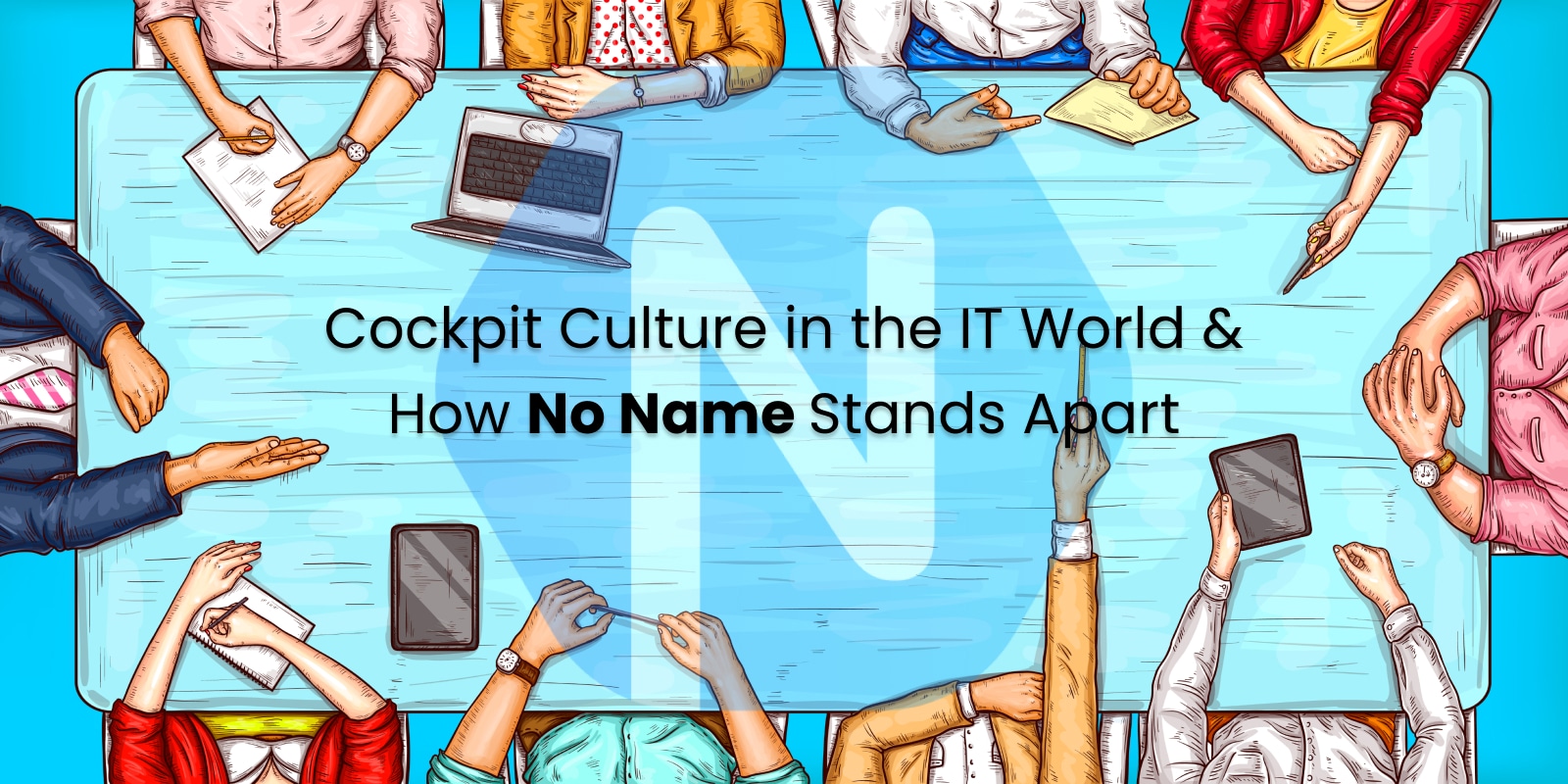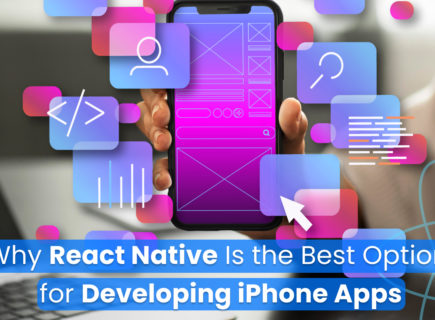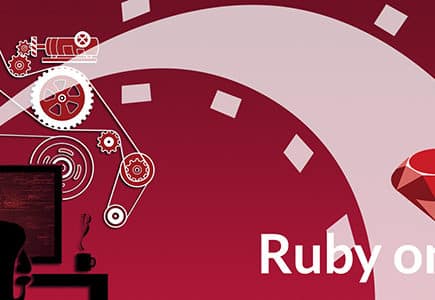At No Name, we understand the pitfalls that traditional outsourcing and the prevailing ‘cockpit culture’ bring. We’ve built our foundation on the belief that every team member, regardless of their position, should be encouraged to voice their opinions, concerns, and ideas.
Malcolm Gladwell, in his influential book “Outliers“, introduces us to the concept of cockpit culture, explaining how deeply entrenched cultural norms might lead to fatal mistakes in high-pressure environments like aviation.
Drawing a parallel, the world of IT and software development, much like aviation, demands precision, teamwork, and immediate responses to unforeseen challenges.
See how No Name makes Outstaffing work for you.
Cultural Hierarchy: The Invisible Force in Project Failures
Cultural hierarchies, where deference is expected from elders or superiors, often undermine the very foundation of team collaboration in IT projects. Such hierarchies discourage open communication, leading to overlooked mistakes, misaligned objectives, and failed projects.
Just as a co-pilot might hesitate to point out an error made by the captain, a junior developer might not point out a flaw in a software code due to fear of going against a senior colleague. This reluctance can result in projects filled with errors, cost overruns, or even total failures.Why Traditional Outsourcing Often Falters
Outsourcing’s very nature often exacerbates the challenges posed by cultural hierarchies. Teams from different cultural backgrounds might find it challenging to integrate seamlessly, leading to communication barriers. The outsourced team might hesitate to push back against their counterparts, especially if they come from a culture where direct confrontation or disagreement is frowned upon.
The outcome? Projects that don’t meet expectations, miscommunications, and dissatisfaction on both sides.
The No Name Difference: Encouraging Equality and Openness
At No Name, we understand the pitfalls that traditional outsourcing and the prevailing ‘cockpit culture’ bring. We’ve built our foundation on the belief that every team member, regardless of their position, should be encouraged to voice their opinions, concerns, and ideas.
- Pushing Back When Necessary: At No Name, saying ‘No’ isn’t a taboo. We understand that for a project to succeed, team members must highlight potential pitfalls and discrepancies, even if it means going against the grain.
- Integrated Teams: Unlike other outstaffing solutions, our teams are deeply integrated. This ensures that every member feels a sense of ownership and responsibility towards a project.
- Empowerment at Every Level: Every voice matters. Junior team members aren’t just there to follow orders. They’re integral to the project’s success, and their insights are valued. If they see a decision that might not be in the project’s best interest, they’re encouraged to speak up.
The Success Formula: Ownership, Integration, and Openness
IT projects, much like modern airplanes, require a crew that works in harmony, understanding each other’s roles, and valuing each other’s input. The success of an IT project isn’t just determined by the expertise of the team but also by their ability to collaborate, communicate, and challenge one another constructively.
No Name’s approach stands as a testament to the fact that when teams work as equals, unafraid to point out discrepancies and challenge decisions, IT outsourcing doesn’t just work; it thrives.
Conclusion: Breaking the Shackles of Traditional Hierarchies
In the ever-evolving landscape of IT, adaptability and collaboration are key. By recognizing the potential pitfalls of traditional cultural hierarchies, No Name offers an outstaffing solution that is built on the principles of equality, open communication, and mutual respect. In doing so, we ensure that our projects don’t just meet expectations—they exceed them.































